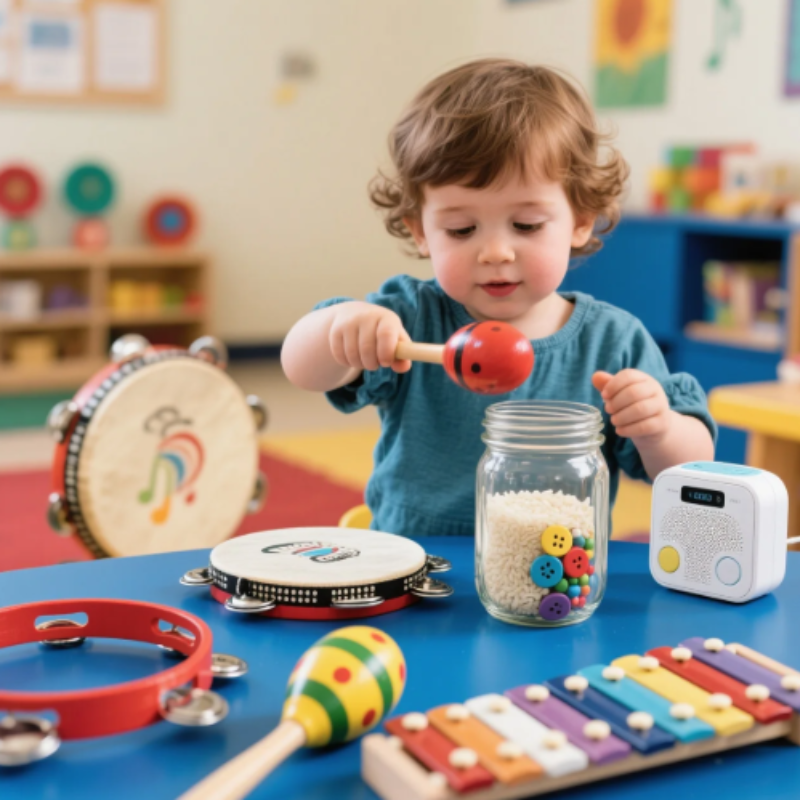Parenting a teenager is like walking a tightrope: on one side is the need for firm discipline, and on the other is the need for love, trust, and connection. When your teenager starts using manipulation—whether it’s guilt-tripping, twisting words, or emotional blackmail—that balance feels even harder to maintain.
But here’s the truth: manipulation is a learned behavior, and with the right approach, you can guide your teen toward honesty, accountability, and respect. Let’s dive into how you can discipline a manipulative teenager effectively.
🌪️ Understanding Teenage Manipulation
Manipulation isn’t always malicious. For teens, it’s often a survival tool—a way to test limits, avoid consequences, or get what they want. Still, if left unchecked, it can grow into unhealthy patterns that damage relationships.
Common tactics include:
- Guilt trips: “If you really cared, you’d let me…”
- Playing the victim: “Everyone is against me!”
- Divide and conquer: Pitting parents against each other.
- Withholding affection: Silent treatment when boundaries are enforced.
🧭 How to Discipline Without Fueling the Manipulation
1. Stay Calm and Unshakable 🧘♀️

Manipulation thrives on emotional reactions. If your teen sees that yelling, crying, or sulking shifts your decision, they’ll keep using it. Instead, stay calm, speak firmly, and avoid long debates.
Example response: “I understand you’re upset, but the rule stays the same.”
2. Set Clear and Consistent Boundaries 🚦

Consistency is the antidote to manipulation. Make sure rules are clear and consequences are known ahead of time. If they try to negotiate in the heat of the moment, stick to what was agreed upon.
Example: If curfew is 9 PM and they come home at 10 PM, the consequence (like losing phone privileges for a day) should be automatic—not negotiable.
3. Avoid Power Struggles ⚔️

Manipulative teens love pulling parents into arguments where they can twist words and wear you down. Don’t engage in back-and-forth battles. Keep your responses short, clear, and calm.
Instead of: “You always lie to me! Why can’t you just be honest?”
Try: “You broke the rule. The consequence still applies.”
4. Acknowledge Feelings, But Hold the Line ❤️

Sometimes manipulation is a way of saying, “I feel unheard.” Let them know you hear them—but don’t confuse empathy with giving in.
Example: “I know you feel like I don’t trust you. That must be frustrating. But trust is built over time, and keeping curfew helps build it.”
5. Teach Accountability Through Natural Consequences 🌱

Whenever possible, let real-life consequences teach the lesson. If they refuse to study, the bad grade becomes the teacher. If they misuse money, running out of allowance becomes the lesson.
This shifts the dynamic from you vs. them to them vs. the outcome of their choices.
6. Don’t Reward Manipulative Behavior 🚫🍬

If manipulation gets them what they want—even once—it reinforces the cycle. Show them that honesty and responsibility are the only pathways to privileges.
7. Model Honesty and Respect 🌟

Teens notice more than they admit. If you bend the truth, overreact, or play emotional games yourself, they’ll mirror it. Model the respect, directness, and accountability you want to see in them.
8. Encourage Open Conversations Outside of Conflict ☕

Sometimes teens manipulate because they fear rejection if they’re honest. Create safe spaces to talk when things are calm. Show them that being upfront—even with mistakes—leads to better outcomes than manipulation.
🌈 Final Thoughts
Disciplining a manipulative teenager isn’t about “winning” or “outsmarting” them. It’s about teaching them that respect, honesty, and responsibility build stronger relationships than control and guilt ever could.
Think of yourself not as a dictator, but as a guide: firm in boundaries, steady in emotions, and gentle in connection. Over time, your teen will learn that manipulation doesn’t work—but honesty does.
Parenting a manipulative teen is tough, but with patience and consistency, you’re not just disciplining—you’re shaping them into an adult who knows how to communicate, compromise, and connect. 💙






